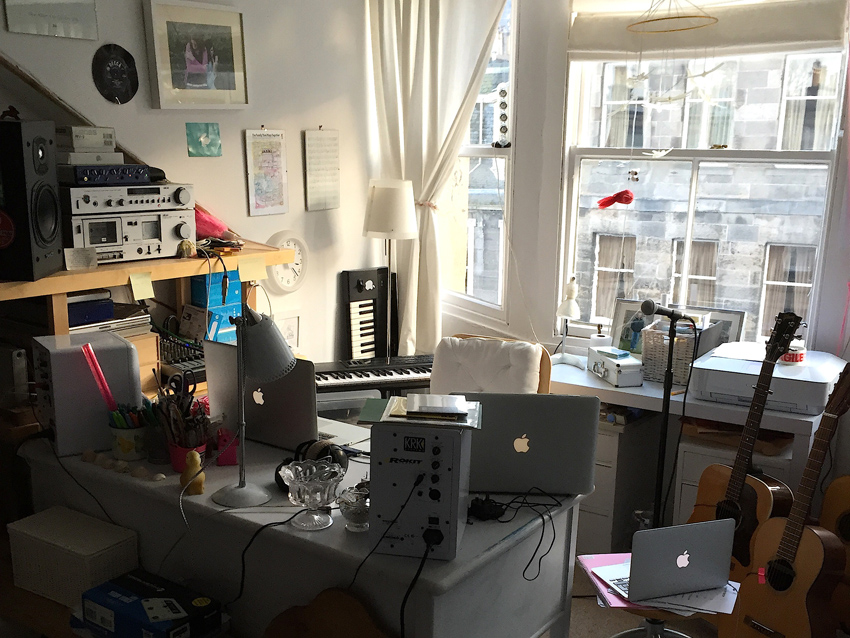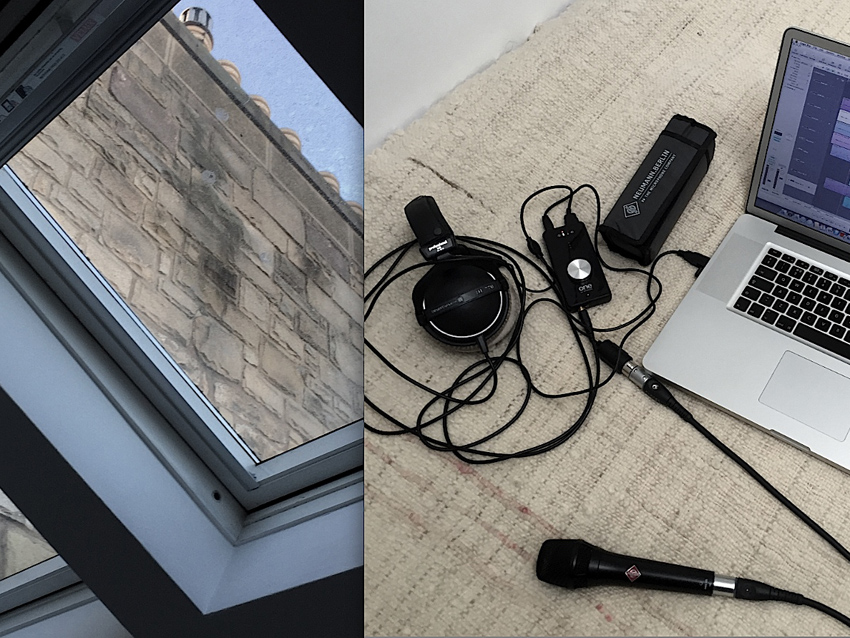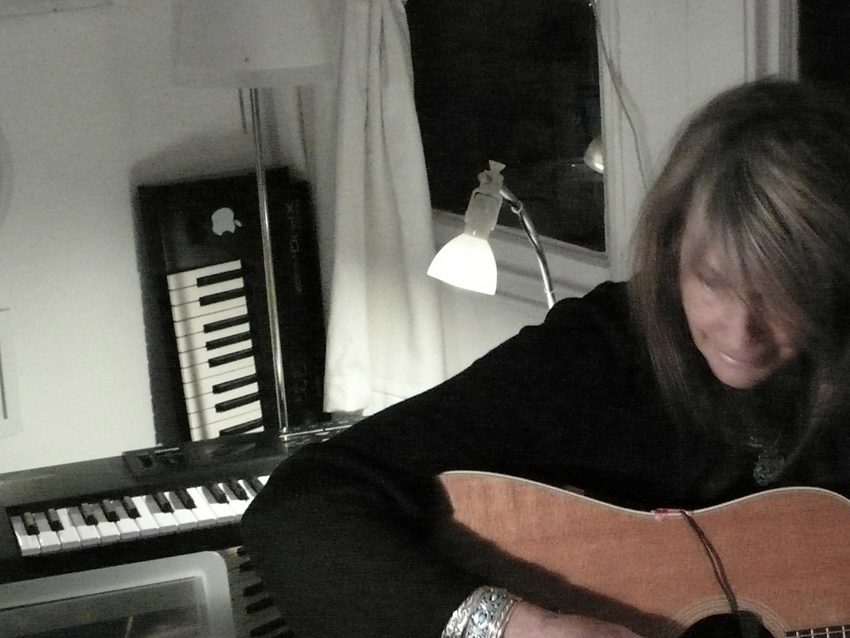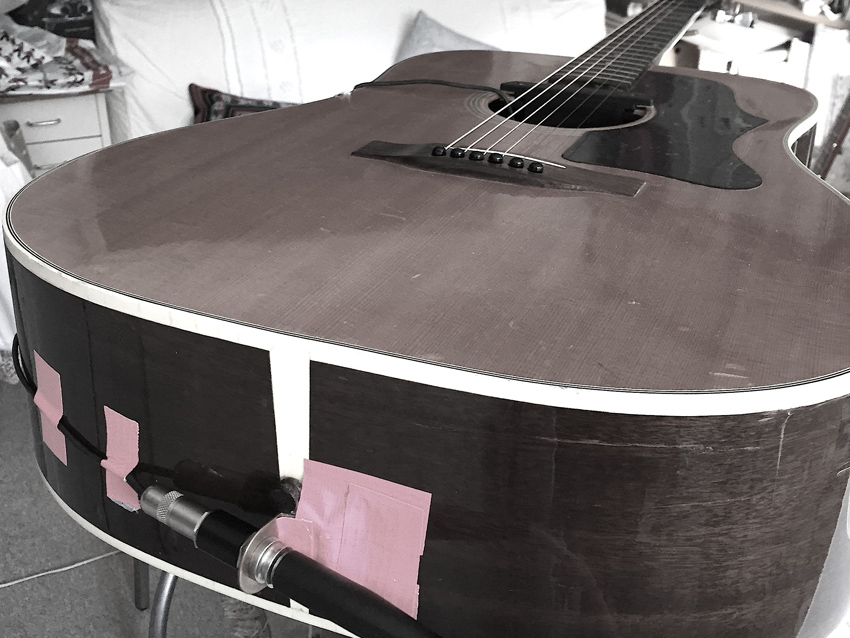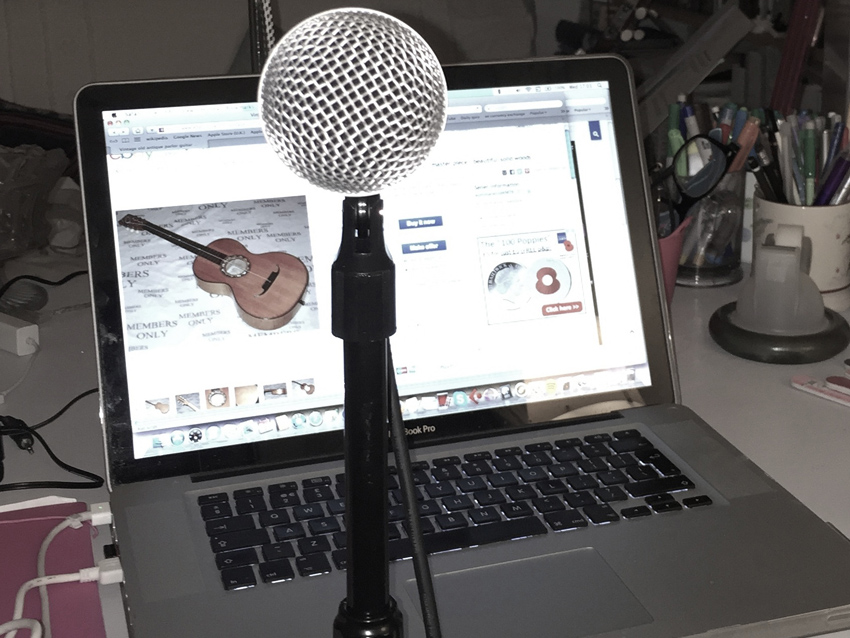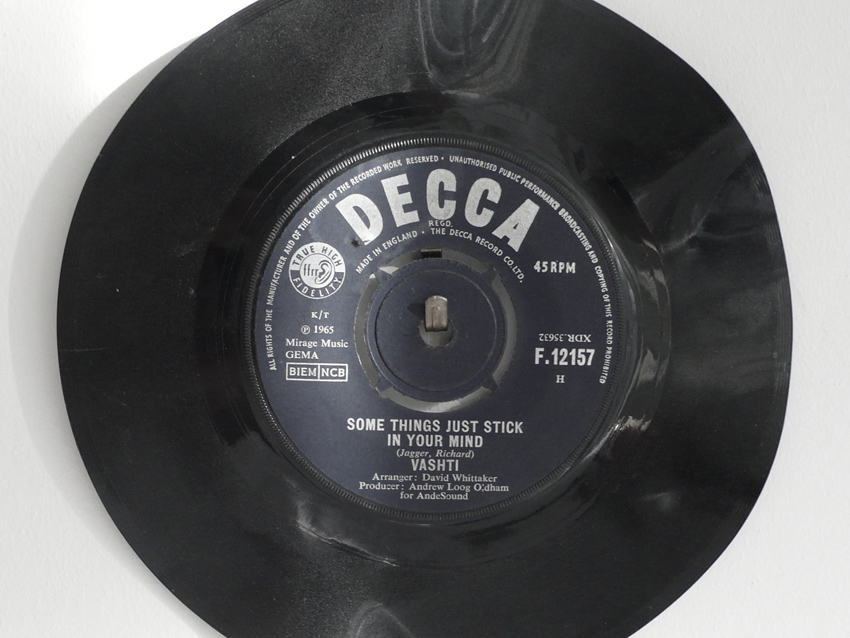Me in my studio: Vashti Bunyan
See where her new album Heartleap was recorded
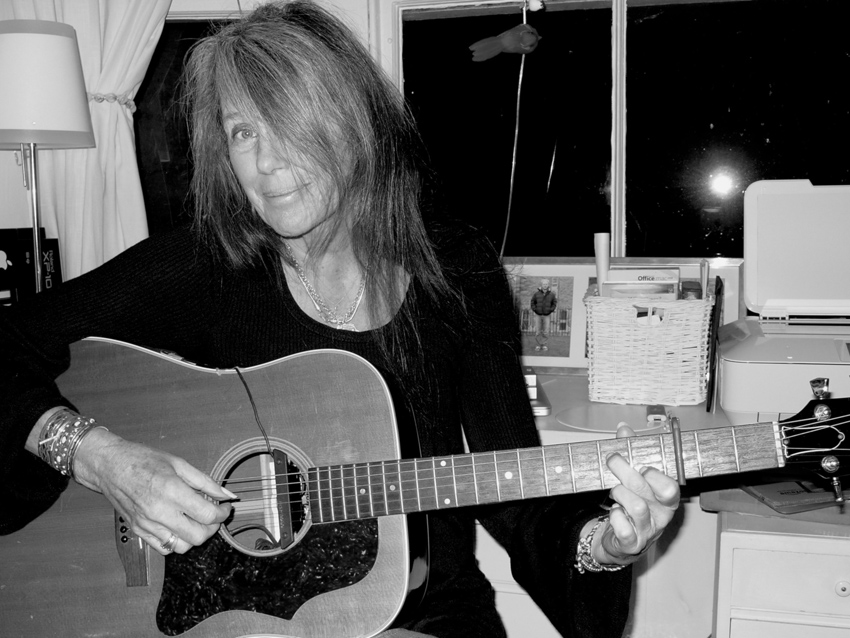
Welcome
UK singer-songwriter Vashti Bunyan released her first album, Just Another Diamond Day, in 1970, but didn't actually release her second, Lookaftering, until 2005.
Now she returns with Heartleap, a beautifully-delicate ten-song collection that Vashti says will be her final album. This was largely recorded in her home studio, and that's where we're heading now as Vashti - sometimes referred to as the Godmother of freak folk - gives you the tour.
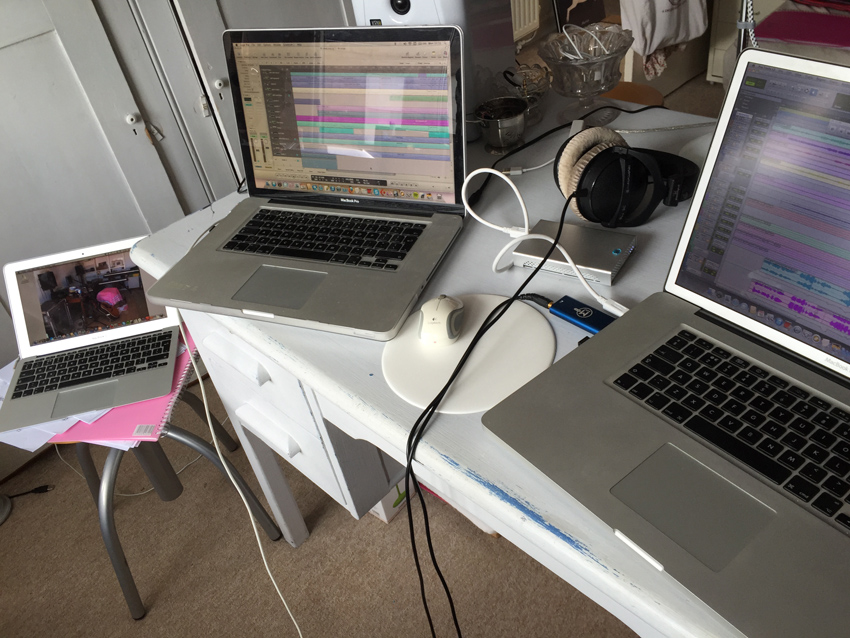
Three laptops
“A year ago my 2008 15-inch Macbook started getting the scrolling black screen and I was told to expect it to only last another three months. So the dilemma: get a new one and have to upgrade Logic and Pro Tools, or get another one of similar age and running the same OS as mine?
“Went to eBay and found a 17-inch model (which sadly doesn't exist anymore) and I really like it - and the other one is still fine. So on one I use Logic (for recording), and on the other I use Pro Tools (for editing), and I have an Air by the side for looking up what to do when everything goes wrong.”
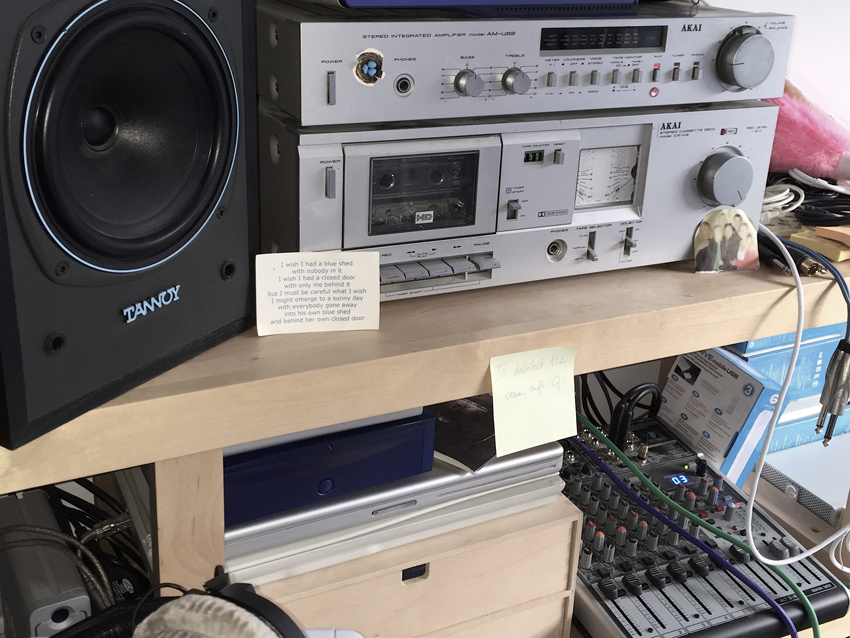
Speakers, amp and mixer
“One of my old Tannoy speakers, an old Akai amp, and a Behringer mixer. I sent some songs to master engineer Mandy Parnell and her engineer partner Martin Korth earlier this year, and they came up to my house to hear how it was I was hearing the tracks. So smart.
“As they listened through my speakers and my headphones they both understood what I was aiming for, and we were able to recreate the ‘intention’ - as they called it – in their London mixing and mastering studios.”
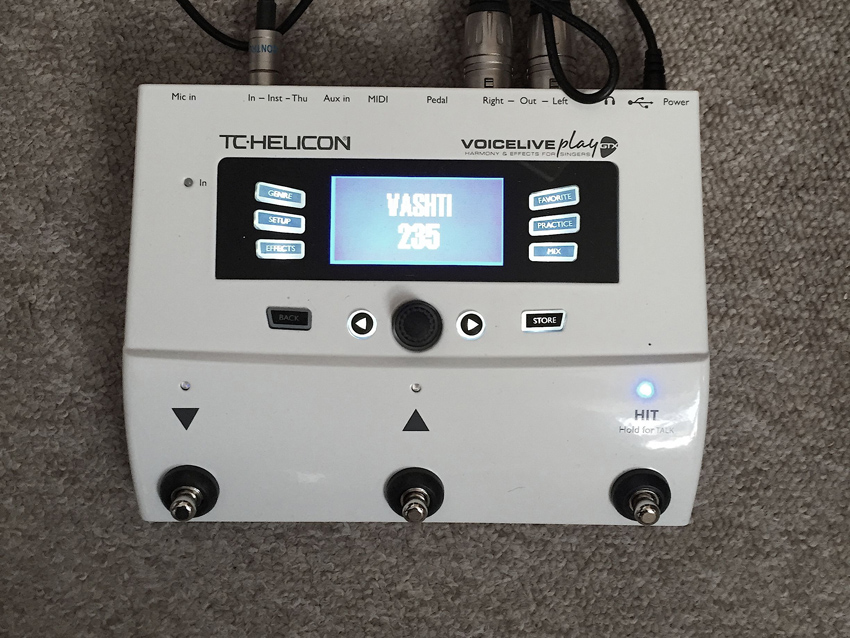
TC-Helicon VoiceLive
“I got a sparkly new Martin guitar as my old Gibson was a bit unreliable live. It turned out that the new one was even worse, but this TC-Helicon VoiceLive has made it possible to use the Gibson again as I can fix the mix, reverb and EQ myself so the sound person doesn’t have to.”
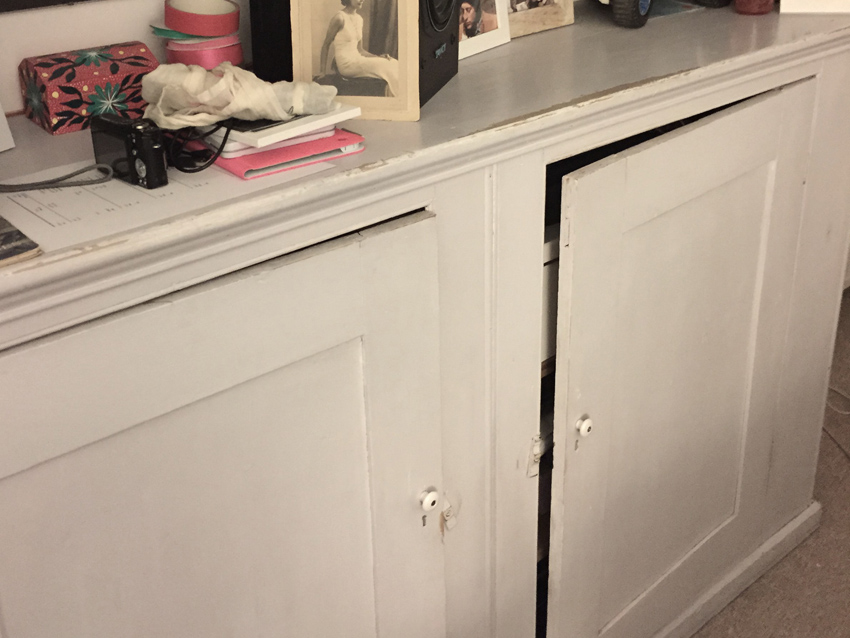
Cupboard
“Full. Nightmare. I’ve kept every computer, hard drive etc right from the beginning. Glad I did. I found a tune and arrangement in an old Cubase file I’d forgotten I’d written years ago - for a poem called Blue Shed. Newer laptops couldn’t read it. Black G3 laptop at back of this cupboard fired up fine after being dormant for years and gave me back enough of the song to re-record it.”

I’m the Deputy Editor of MusicRadar, having worked on the site since its launch in 2007. I previously spent eight years working on our sister magazine, Computer Music. I’ve been playing the piano, gigging in bands and failing to finish tracks at home for more than 30 years, 24 of which I’ve also spent writing about music and the ever-changing technology used to make it.
